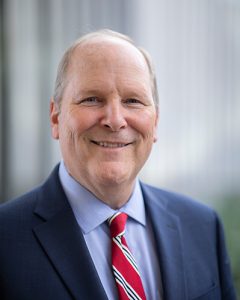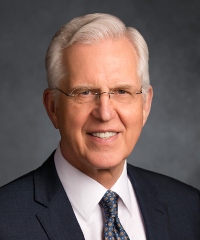What Should a Constitution Contain in Regard to Religious Freedom?
 Gary Doxey is Associate Director of the International Center for Law and Religion Studies at the J. Reuben Clark Law School, Brigham Young University.
Gary Doxey is Associate Director of the International Center for Law and Religion Studies at the J. Reuben Clark Law School, Brigham Young University.
On the occasion of this First Annual Forum on Law and Religion of the Southern Cone, I would like to address the following question: What should a constitution contain in regard to religious freedom? It is timely to consider this issue since the Republic of Chile is currently drafting a new constitution.
I must emphasize that I speak from an international perspective. I am not Chilean, although Chile is a country very dear to my heart. I deeply respect the responsibility of Chileans, beginning with the honorable members of the Constitutional Convention, to choose the provisions of their constitution. As a foreigner, I merely offer my observations as a student of this subject in the hope that they may be of benefit.

